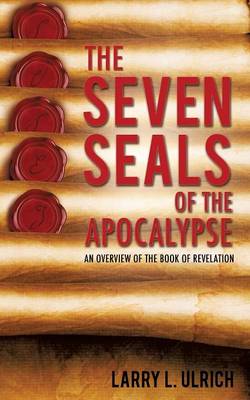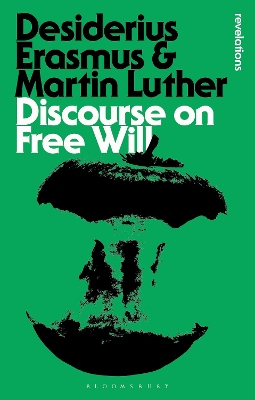Reading J. Z. Smith
Over the course of a career of more than forty years, Jonathan Z. Smith was among the most important voices of critical reflection within the academic study of religion, distinguishing himself as perhaps the most influential theorist of religion of the last half century. Among his significant body of work are essays and lectures on teaching and the essential role of academic scholarship on religion in matters of education and public policy. The interviews and essay published here display someth...
Common Goods (Transdisciplinary Theological Colloquia)
by Catherine Keller and Elias Ortega-Aponte
In the face of globalized ecological and economic crises, how do religion, the postsecular, and political theology reconfigure political theory and practice? As the planet warms and the chasm widens between the 1 percent and the global 99, what thinking may yet energize new alliances between religious and irreligious constituencies? This book brings together political theorists, philosophers, theologians, and scholars of religion to open discursive and material spaces in which to shape a vibrant...
Giannozzo Manetti (1396-1459) was a celebrated humanist orator, historian, philosopher, and scholar of the early Renaissance. Son of a wealthy Florentine merchant, he participated actively in the public life of the Florentine republic and embraced the new humanist scholarship of the quattrocento, oriented to the service of the state and the reform of religion. Mastering not only classical Latin but also Greek and Hebrew, he gained access to a whole library of sources previously unknown in the La...
Written for preachers, seminary students, laypersons, teachers, and anyone interested in biblical hermeneutics and Christian theology.
Religion is a racialized category, even when race is not explicitly mentioned. In Modern Religion, Modern Race Theodore Vial argues that because the categories of religion and race are rooted in the post-Enlightenment project of reimagining what it means to be human, we cannot simply will ourselves to stop using them. Only by acknowledging that religion is already racialized can we begin to understand how the two concepts are intertwined and how they operate in our modern world. It has become co...
The book called The Consolation of Philosophy was throughout the Middle Ages, and down to the beginnings of the modern epoch in the sixteenth century, the scholars familiar companion. Few books have exercised a wider influence in their time. It has been translated into every European tongue, and into English nearly a dozen times, from King Alfreds paraphrase to the translations of Lord Preston, Causton, Ridpath, and Duncan, in the eighteenth century.
The Christian doctrine of heaven has been a moral source of enormous power in western culture. It has provided a striking account of the ultimate good in life and has for two millennia animated the hope that our lives can be fully meaningful. Recently, however, the doctrine of heaven has lost much of its grip on the western imagination and has become a vague and largely ignored part of the Christian creed. Not only have our hopes been redefined as a result, but our very identity as human bein...
Charles Hartshorne's Concept of God (Studies in Philosophy and Religion, #12)
Charles Hartshorne's considerable writings have been influential in contem 1 porary religious and philosophical thought. Not only is he regarded as the leading living representative of process thought as well as a much respected interpreter of Whitehead, but he has also established himself as an original 2 and creative thinker in his own right. The literature on his philosophy has been rapidly increasing. His thought and influence have also been the subject 3 of a number of conferences and gath...
Discourse on Free Will (Bloomsbury Revelations) (Milestones of Thought)
by Desiderius Erasmus and Martin Luther
Desiderius Eramsus (1466/9-1536) was the most renowned scholar of his age, a celebrated humanist and Classicist, and the first teacher of Greek at Cambridge. An influential figure in the Protestant Reformation, though without ever breaking from the Church himself, he satirised both human folly and the corruption of the Church. Martin Luther (1483-1546) was the founder of the German Reformation. His 95 Theses became a manifesto for reform of the Catholic Church and led to his being tried for here...
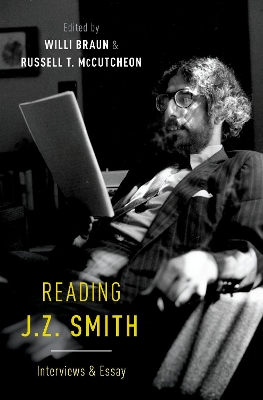
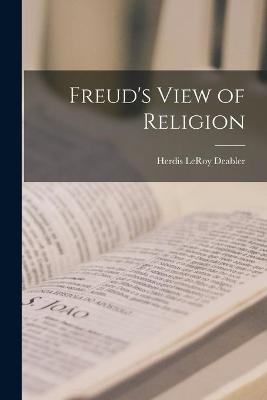
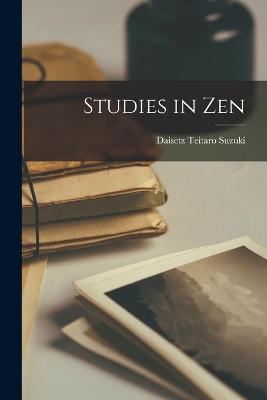
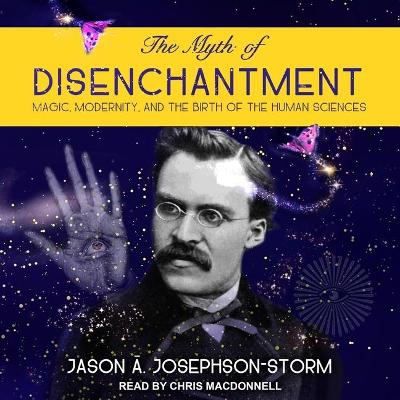
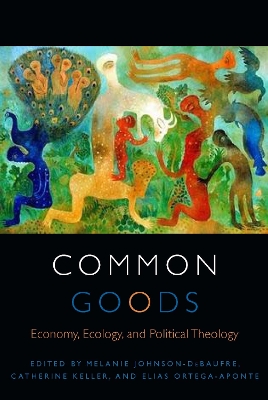
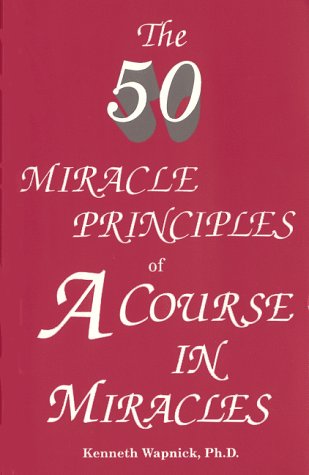
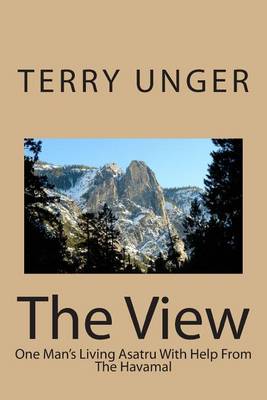
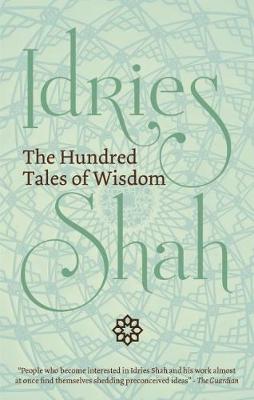
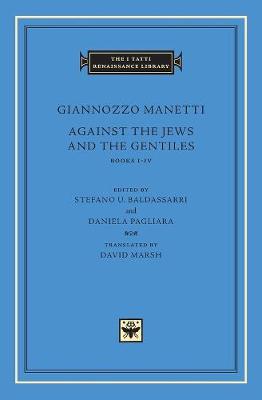
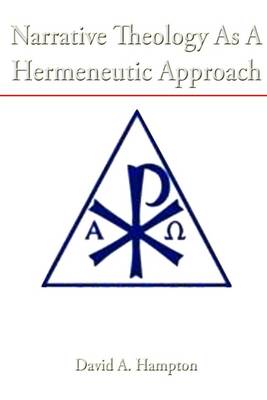
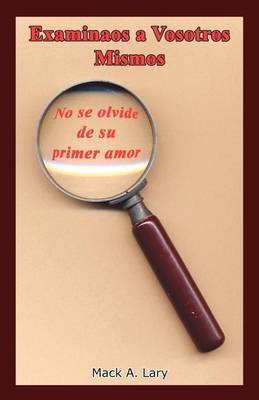
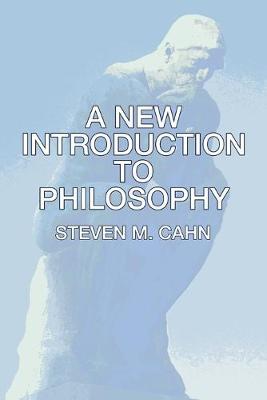

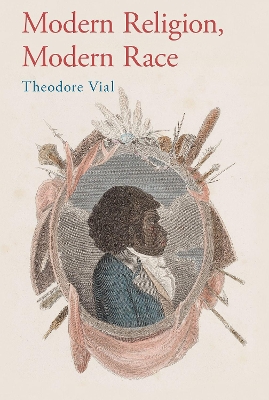
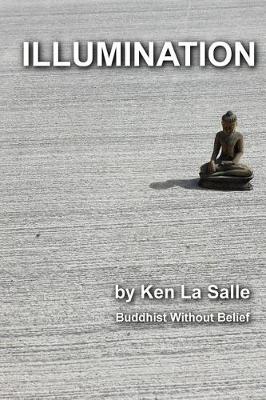
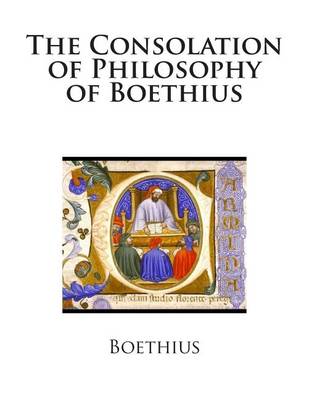
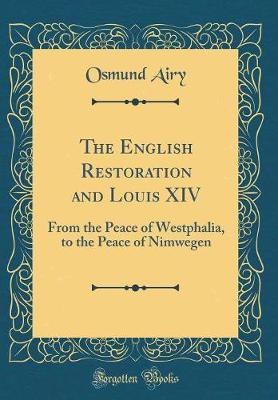
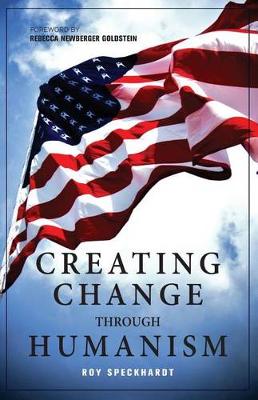
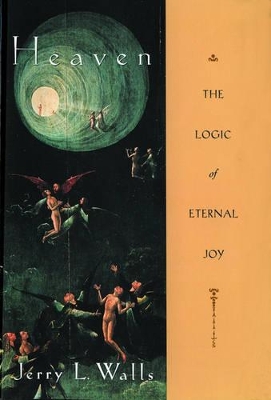
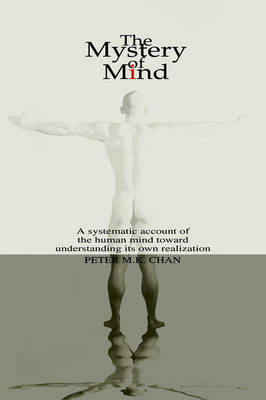
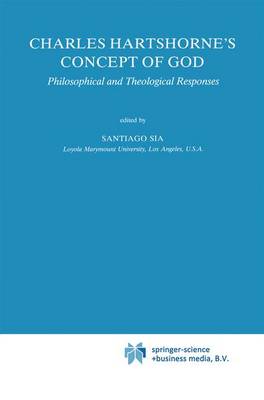
![Cover of Review of a Sermon on the Danger of Excitement [microform]](https://images.bookhype.com/covers/d2/d8/94cbad4b-0caf-4614-b05f-2bdac9698d2d/9781014171344-0284a19e7f98cbc7430e2a.jpg)
